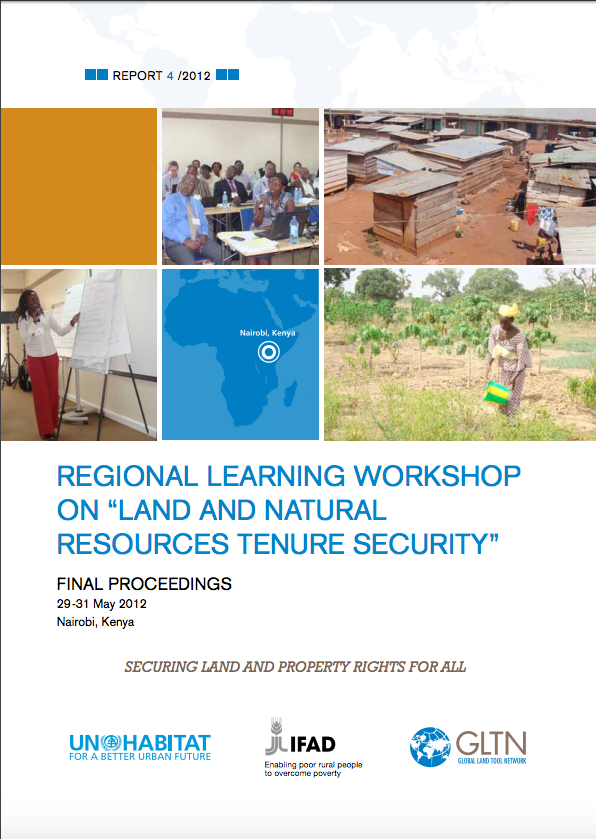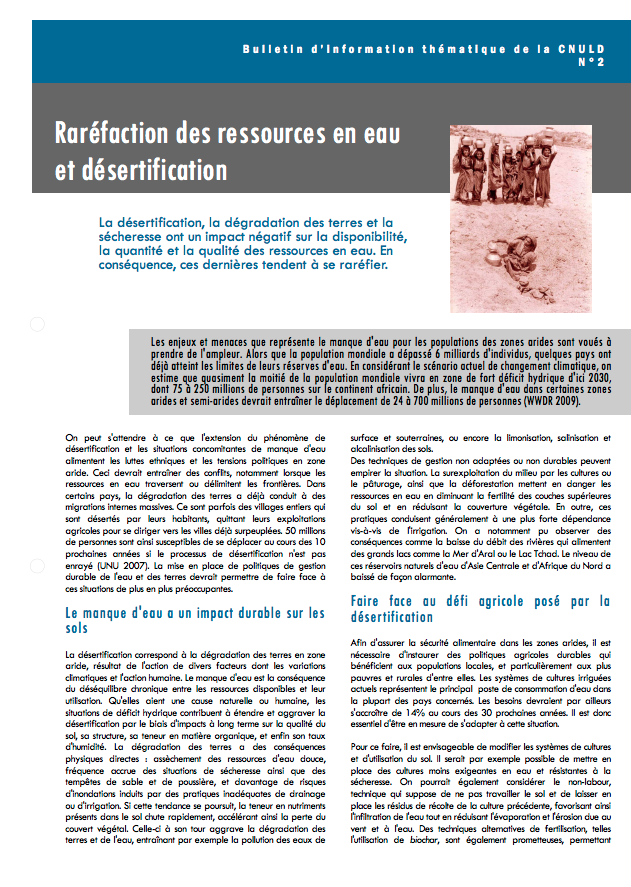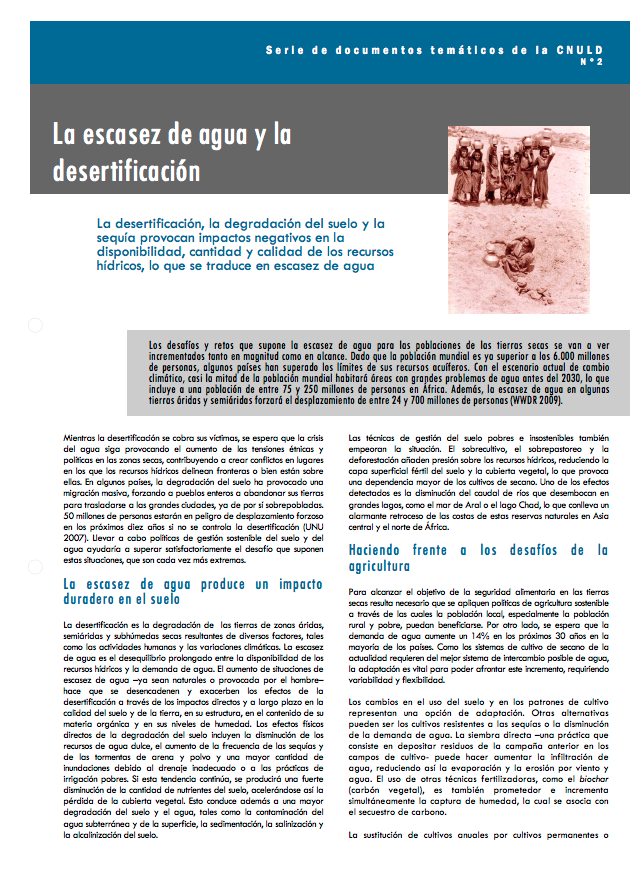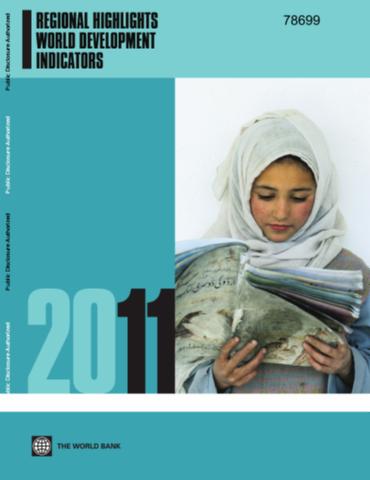Kenya - Poverty and Inequality Assessment : Executive Summary and Synthesis Report
This assessment of poverty and
inequality comes at an important juncture for Kenya. The
December 2007 elections and subsequent pronouncements of the
newly formed Grand Coalition have underlined the salience of
these issues to ordinary Kenyans, and for policy makers. The








